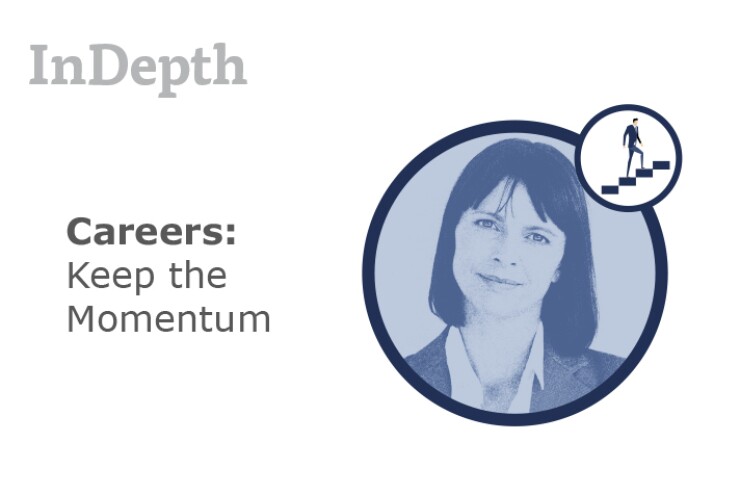It wasn’t easy. It took time to learn the products, understand the fundamentals of taxation and macro/micro economics and build rapport with prospects, clients and bank personnel. You had to master all the details of compliance and suitability and get comfortable with the different processes of entering orders, submitting insurance apps and your banks’ and b/d’s policies and procedures. And then there was learning fundamental selling and communications skills. Nobody said it would be easy, but nobody told you how hard it would be either.
It seems like you’re constantly fighting with competing FAs and compliance staff. And you find yourself butting up against public misconceptions and overall negative feelings toward the industry. But the good news is you’ve managed to get to that point in your career where you’ve built a solid foundation of clients, you’re doing meaningful production, and there’s no doubt in your mind (or your manager’s) that you’re well on your way to being a very successful FA. The key question now is where do you want to go from here?
There is no secret formula to getting to the next level and becoming a top FA. If you talk to top advisors at your firm, by and large they will tell you the same things got them where they are today. Namely: a written plan with goals and well-developed steps to achieve them; effective time management, and understanding the real value of their own time; great listening skills, closing skills and rapport building skills; a focus or specialization in one or several areas; self-motivation and a willingness to put in the necessary time and effort; and a passionate desire to help their clients succeed.

First and foremost, successful FAs have a written plan. Some banks and managers require their FAs to submit annual plans, but successful FAs typically say that they’d do this anyway since they are the “roadmaps” to achieving their goals. Their goals include production targets, education goals (for example, becoming expert in indexed annuities, or getting a professional designation), prospecting targets, and new account openings. Their plans are very detailed in that they lay out the daily, weekly and monthly activities to meet their goals. They refer to their plans often and make revisions when needed. This is their “battle plan” and top FAs treat it as the most important document in their professional lives.
Even after just a short time in the business, it quickly becomes obvious that there aren’t enough hours in the day to get everything done. And it’s easy to get distracted by something – problems develop that need immediate attention, your boss needs a report or a client asks for something unexpected. A million things can come up that disrupt your day. But successful FAs find ways to minimize these distractions, and still get done the really important things done. That’s one of the keys to successful time management: having a clear picture of what’s really important and not letting anything get in the way of accomplishing them. And a critical part of that is not only understanding how valuable your time is but acting it. If you act like your time is worth $300 per hour, you’ll stop wasting it.
An important part of success is not only understanding how valuable your time is but acting it. If you act like your time is worth $300 per hour, you’ll stop wasting it.
It’s a cliché that this business is “all about relationships.” But like many clichés, there’s some truth in it. Indeed, the key to building and maintaining relationships is having rapport and good communications skills with clients, prospects and coworkers. Many FAs intuitively know how to build rapport. For the rest of us there are simple techniques you can use to improve your communications and relationship building skills. This is a key factor to gaining new clients and keeping them.
At some point in their careers, many FAs decide they want to become expert in one or several areas and position themselves as specialists. It might be tax avoidance strategies, retirement planning, or managed accounts. Or, it might be working with a specific group of clients and prospects – doctors, athletes or small business owners – so you understand their unique issues and problems and speak their language. Not every FA chooses to specialize, but many top FAs believe it’s a great way to differentiate them from the competition, and with their deeper understanding of their specialty, really deliver value to their clients.
Last, but not least, to get to be among the best, you have to passionately want to help your clients succeed. Your clients, prospects and coworkers can really feel this passion, and conversely, they know when it’s missing. Without that passion, you’ll never make it.
Unless you’re really lucky and get those million-dollar referrals tossed in your lap, it takes hard work and long hours to get to the next level. It’s a matter of working smarter, following your plan, and not wasting time. But sorry to say, there aren’t any shortcuts. Another old expression also has a lot of truth in it: the harder you work, the luckier you get.





